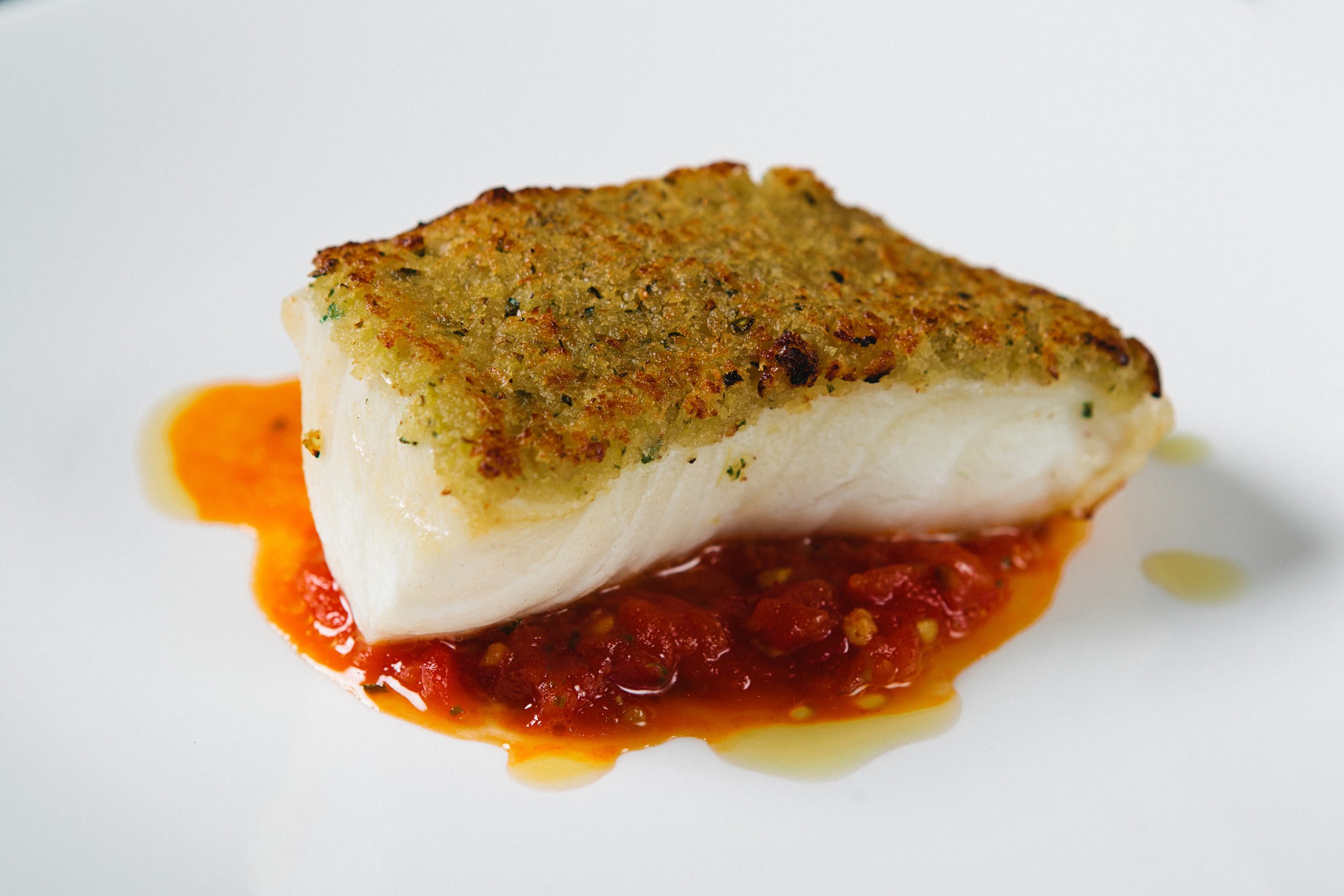Companies such as Austral Fisheries and Wakefield Wines are global sustainability leaders. In 2010, Wakefield Wines was one of the first wine producers globally to acquire carbon neutral certification. Six years later, in 2016, Austral Fisheries became the first carbon neutral fishery in the world. In fact, Austral plants 220,000 trees every year in the Yarra Yarra Biodiversity Corridor. They also employ the world’s first hybrid fishing vessel for use in the Southern Ocean. This is where they catch their world-renowned Glacier 51 Patagonian Toothfish.
Another great example is Clean Seas Sustainable Seafood. The company uses SensoryFresh, a nitrogen freezing technology to rapidly freeze their premium Yellowtail Kingfish. The speed preserves the texture, colour, aroma, and taste. The technology also allows Clean Seas to use seafreight to ship to the UK. This significantly reduces their carbon footprint compared to airfreight.
And it is not just seafood and wine. Australia’s macadamia industry also sets new global standards. Not many people are aware that the macadamia nut is in fact a native Australian crop. Earlier this year, Marquis Macadamias’ Bundaberg farm went carbon positive in an industry first by implementing biological farming practices – the farm now sequesters more carbon than it produces. The unique physiology of the macadamia tree means that each tree holds significantly more carbon than many other crops. The trees in the average macadamia orchard remove more than 14.5 tonnes of carbon per hectare per year from the atmosphere.
Australia’s packaging reforms
Packaging sustainability and reduction of waste and non-recyclable materials is a priority and a business requirement in Australia. By 2025 (or earlier), 100 percent of Australia’s packaging will be reusable, recyclable, or compostable.
Australian companies such as Small Things Wine, Capilano Honey and Sunrice are committed to working towards net zero and zero waste. Small Things Wine produces premium Australian wine packaged in cans rather than bottles. Cans are 25 times more recyclable than glass. Production and transport use significantly less energy, further reducing the carbon footprint. Their natural, premium wines are produced using sustainably certified grapes from the famous Margaret River region in Western Australia.
Marquis Macadamias and Sunrice make use of all their by-products. Macadamia oil is a good example. Once a by-product of the macadamia nut processing method, it has seen a rise in demand. Its nutritional value means that it can be used in food and drink products, as well as in the beauty industry. Rice by-products such as rice hull, rice bran and broken rice are turned into new and valuable products including nutritious stabilised rice bran, and rice flour.
From farm to plate – Australia is a traceability leader
Today’s consumers care about where their products are sourced from. Innovative technology implemented across the Australian agrifood industry provides full transparency from farm to plate.
Raw organic manuka honey producer Honey for Life – uses batch tracking technology to give consumers access to where the batch originates from, including beekeeper profile, and floral variety, as well as details on the quality of the product.
Austral Fisheries uses blockchain technology which means consumers can trace their fish ‘from hook to plate’ by scanning a QR code on their phone. Similarly, Australia’s rice industry has full traceability from the farm through to rice storage and milling to distribution to the customer.
Australian agtech Source Certain provides origin verification solutions. In 2019, their technology powered an industry-wide provenance program protecting the integrity of Australian prawns entitled ‘Tracking the Aussie Prawn.’ This was heralded as a world-first for the seafood industry.
About the author
Anastasia (Ana) is the current Trade and Investment Commissioner for the United Kingdom and Ireland. From her base in London, Ana is responsible for facilitating trade and investment opportunities for Australia. She leads a team of business development professionals that connect Australian exporters with commercial opportunities in the regions of the United Kingdom and Ireland, and facilitate productive foreign direct investment into Australia.






